Criteo research: sustainable shoppers call for artificial intelligence powered, eco-friendly recommendations
84% of UK consumers feel the adverts they see could better reflect environmentally sustainable travel and shopping choices, according to research published by Criteo.
The company surveyed 6,755 consumers in March and April, including 1,116 in the UK.
With the uptake of artificially intelligent chat apps, shoppers increasingly see AI as part of the solution.
Most consumers estimate AI could save them multiple hours, even days, when planning a holiday (66%), finding the right gift for someone (63%) or completing their weekly grocery shop (57%).
In tandem, 47% are open to the idea of promoted links taking their personal ethical and sustainable shopping preferences into consideration.
In fact, within the next couple of years 41% of those surveyed expect AI will be able to help them find suitable products based on sustainable or ethical production.
One of AI’s key opportunities is in focusing recommendations according to the causes people care most about.
For instance, 66% of consumers are happy to pay more for locally produced food, 51% would pay extra for carbon neutral delivery and 56% would pay more for ethically produced apparel, footwear or accessories.
54% of consumers anticipate AI will be able to recommend products based on their interests within the next couple of years, a further 49% expect it to adjust the adverts they see to make them more relevant.

“AI chat apps are not new anymore, for many consumers it’s a daily help if finding the products they care about. Where it might only be used to speed up certain searches today, it won’t be long before AI can recommend greener products and enable new experiences like virtual try-on to help minimise returns,” says Marc Fischli, Executive Managing Director, EMEA, Criteo.
“At the same time, brands can leverage AI to help group in-market shoppers for products based on their preferences and customise creative to emphasise key environmentally friendly qualities of products.”
Eco-travel and a summer of big sporting events
In the coming months, one in four UK consumers pre-empt sports events including the Olympics and the football Euros either directly or indirectly affecting their summer travel plans.
While most consumers still say the environmental impact of international sporting events would not change the way they attend or follow the sport, 45% of consumers do intend to lower their carbon footprint when traveling this summer.
To this end, 40% of consumers are likely to favour longer trips by train or even carpooling instead of flying to reduce their carbon footprint when traveling.
“For travel and hospitality brands, being mindful of the environmental factors shaping purchase decisions will be essential.”
“Whether you or your partners are using chat apps to interface with shoppers or not, it’s important to make sure the data you are gathering is leveraged in the right ways to deliver greater relevance and ultimately a better customer experience,” Fischli says.


















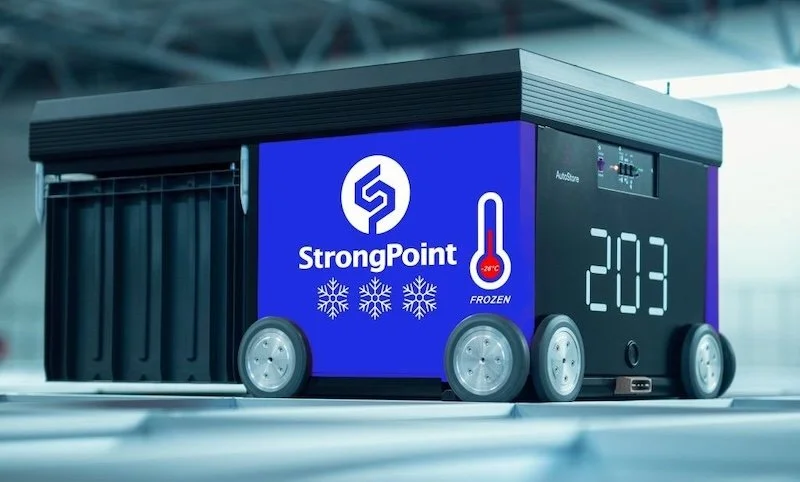

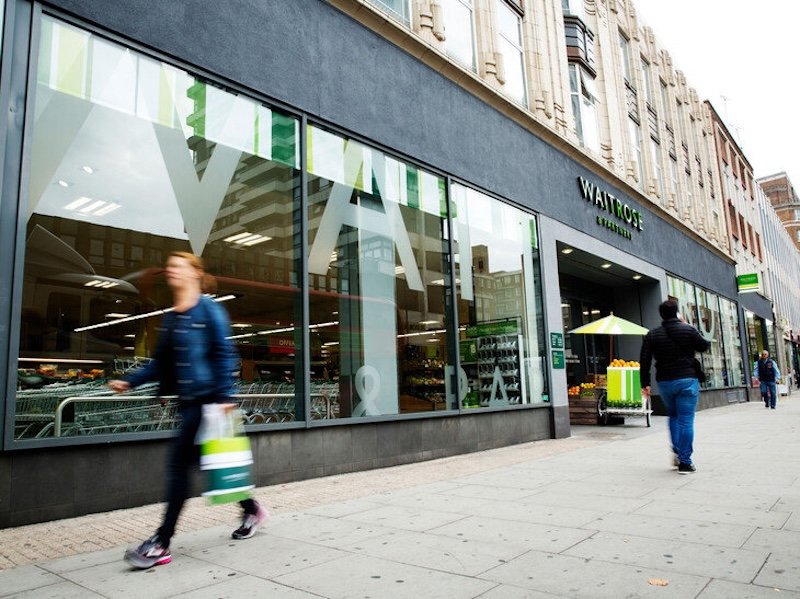


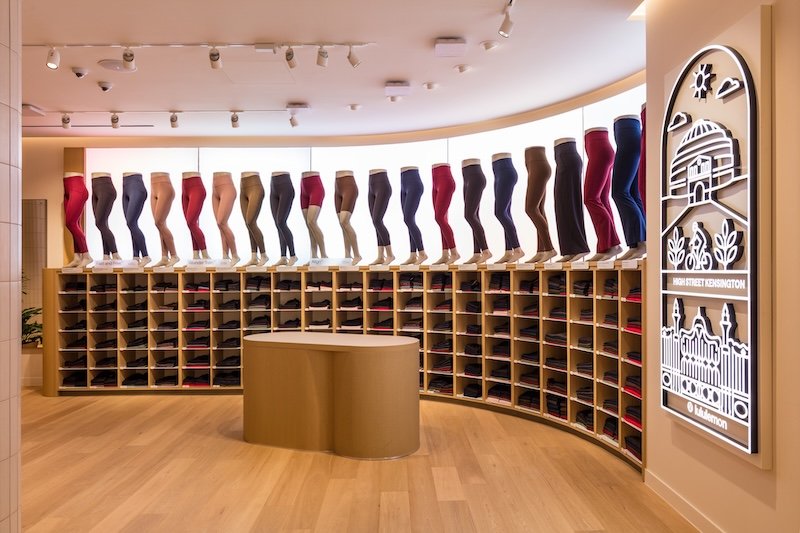



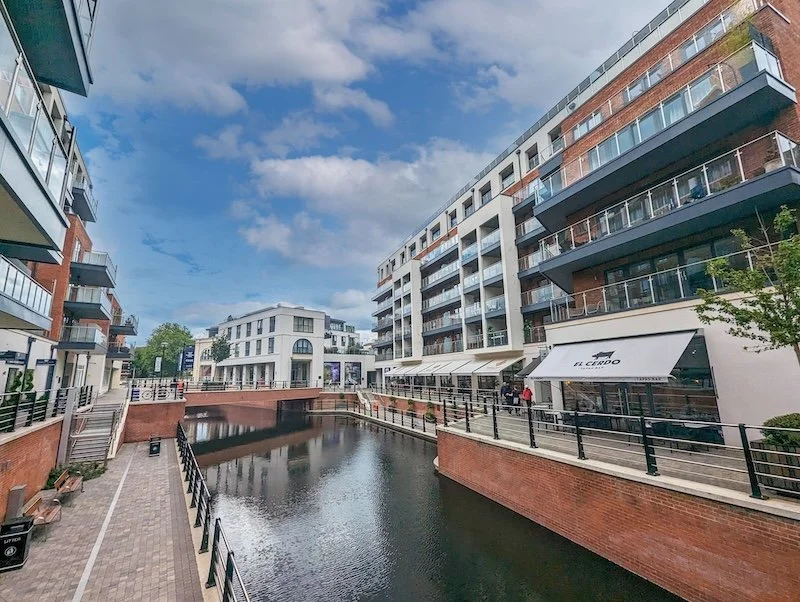
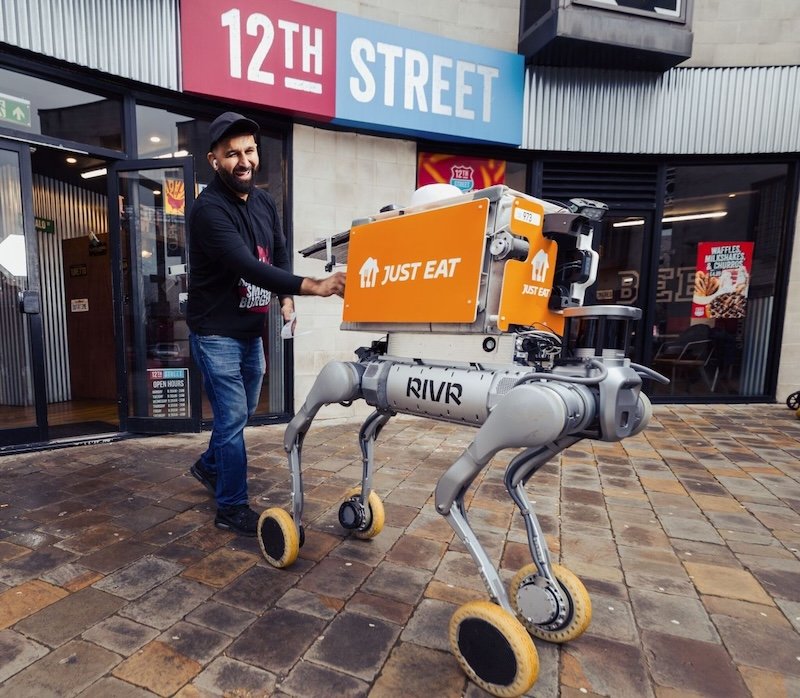

Continue reading…